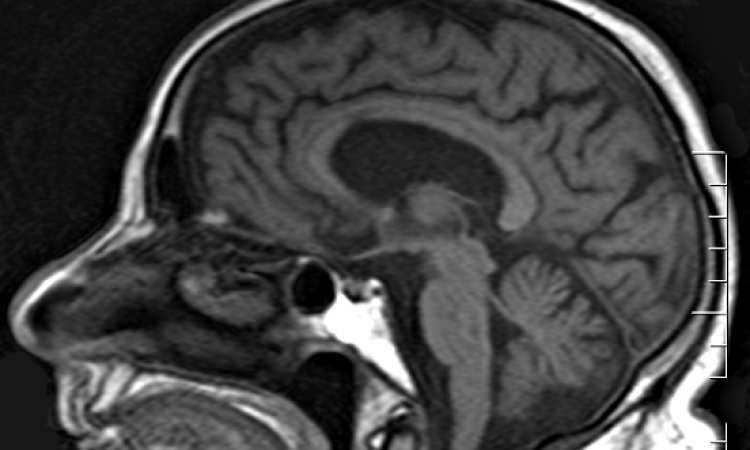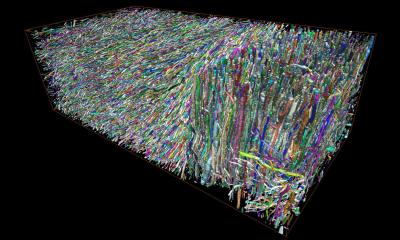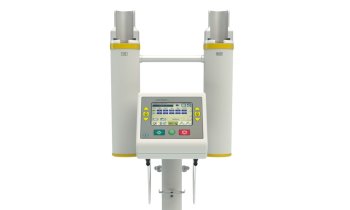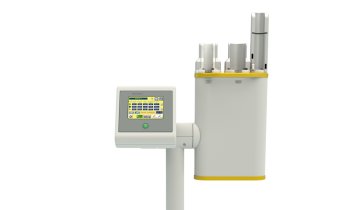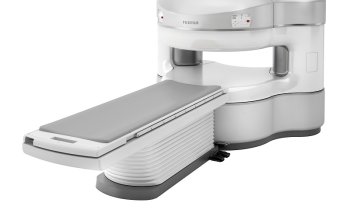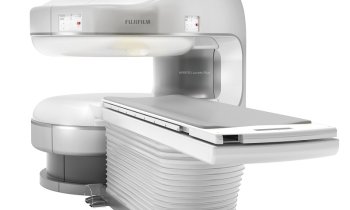Lactate in the brain reveals aging process
Researchers at Karolinska Institutet have shown that they may be able to monitor the aging process in the brain, by using MRI technique to measure the brain lactic acid levels. Their findings suggest that the lactate levels increase in advance of other aging symptoms, and therefore could be used as an indicator of aging and age-related diseases of the CNS.

"It's exciting to think that we are one step closer to understanding what happens as the brain ages, and how a change of brain metabolism may be important during the onset of age-related changes and diseases", says Professor Lars Olson, who lead the study.
The research group used both prematurely and normally aging mice to investigate the relationship between damage to mitochondria - the organelle responsible for energy production in the cell - and changes in metabolism during the aging process. Previous studies have shown a link between mitochondrial dysfunction and age-related neurodegenerative disorders, such as Parkinson's and Alzheimer's disease.
In the current study, which is published in the Proceedings of the National Academy of Sciences, the researchers show that the damage to the mitochondria slowly increases with age in brains of mice and causes altered expression in certain genes that are responsible for the formation of lactate. They also show that brain lactate levels may increase in advance of other indices of aging, and can be detected using non-invasive magnetic resonance imaging techniques.
"Our study was conducted in mice, but the same technique can be used in humans", says Lars Olson. "So there is hope that one day physicians might be able to give your brain a check-up and help determine its age by using MRI."
In addition to Lars Olson's research group at Karolinska Institutet, scientists from the US, Germany and the UK took part in the study. The group will now continue its search for new knowledge, trying to understand the role of high lactate in the brain.
Publication: Jaime M. Ross, Johanna Öberg, Stefan Brené, Giuseppe Coppotelli, Mugen Terzioglu, Karin Pernold, Michel Goiny, Rouslan Sitnikov, Jan Kehr, Aleksandra Trifunovic, Nils-Göran Larsson, Barry J. Hoffer & Lars Olson
02.11.2010



